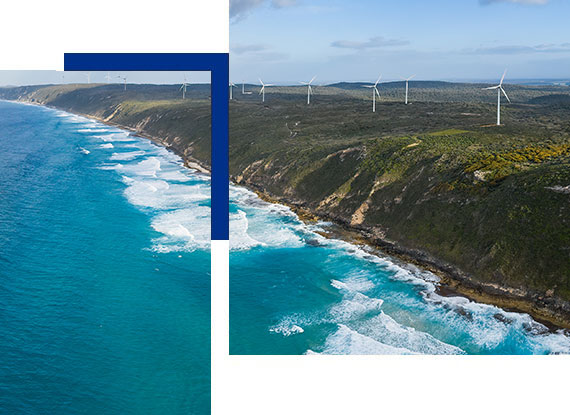UWA PLUS
Equilibrium, Energy and the Environment [CHEMM102]
This micro-credential is part of a programme to up-skill teachers to teach ATAR Chemistry. This micro credential will cover unit 3 and 4 of the ATAR chemistry syllabus.
Unit 3: Equilibrium, acids and bases, and redox reactions
Unit 4: Organic chemistry and chemical synthesis
Upon successful completion, you’ll receive:
- 3 PD Points -stackable for unspecified academic credit in award courses
- A Certificate of Achievement
- A UWA Plus Professional Development Transcript, listing all successfully completed micro-credentials
- Delivery mode
- Face to Face, Crawley campus.
- Course dates
- To be announced
Duration- 2 weeks intensive
- Effort
- 75 hours including personal study and working on assessment tasks. A two hour lecture each morning will be followed by one hour self-study to prepare for a workshop/laboratory in the afternoon.
- Cost
- $990 inc. GST
- Critical information summary
Registrations close
What you'll learn
Describe the principles of reaction rates, chemical equilibrium, acid base chemistry, electrochemistry.
Design a practical activity for year 11 and 12 students.
Describe basic organic chemistry molecules and their reactions.

Why study this course?
This micro-credential will provide science teachers with the essential knowledge to be able to teach ATAR chemistry at year 11 and 12 standard. We will develop a practical class that you can deliver to students.Who should study this course
This micro-credential is part of a programme to up-skill science teachers to teach ATAR Chemistry. It is relevant to any science teacher wishing to up skill and learn the content required to teach year 11 & 12.
These micro-credentials have been developed for the WA Department of Education Leap program to upskill teachers to teach at upper secondary level. For Department of Education teachers, please register via LEAP.
All other teachers please register below.
How does it work?
This micro credential will contain five modules that will be assessed via quizzes, and practical reports.
Module 1-How Fast?
Module 2-Chemical Equilibrium
Module 3-Acid, Bases and Buffers
Module 4-Electrochemistry
Module 5-Environmental and Sustainable Chemistry


